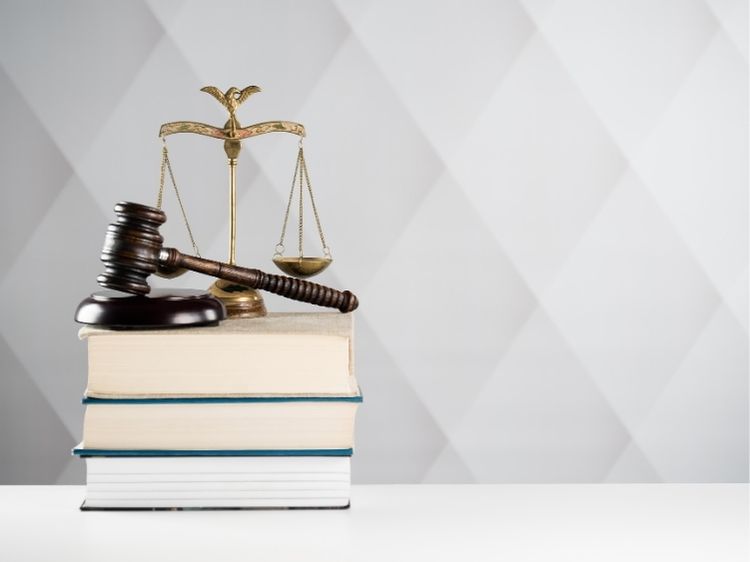Why You Might Need a Liability Attorney Lawyer
Life has a way of throwing curveballs, right? One moment you’re running your business or enjoying a peaceful day, and the next, you’re staring at a lawsuit or dealing with a claim. That’s where a liability attorney lawyer steps in. These legal professionals specialize in managing liability disputes, ensuring you’re not left navigating murky legal waters alone.
In this article, we’ll break down what a liability attorney does, the types of cases they handle, and why hiring one can make all the difference. So, whether you’re dealing with personal injury claims, business liabilities, or even defamation suits, keep reading for valuable insights.
Who Is a Liability Attorney Lawyer?
A liability attorney lawyer is a legal professional who focuses on cases involving legal responsibilities, or liabilities. This could include personal, business, or even product-related disputes.
Here’s a quick snapshot of what they do:
- Advise Clients: They explain your rights and obligations under the law.
- Handle Claims: From negotiations to courtroom representation, they manage liability claims from start to finish.
- Prevent Risks: By drafting contracts and policies, they help individuals and businesses minimize legal exposure.
Common Types of Liability Cases
Liability lawyers tackle a broad range of legal issues. Here’s a breakdown of the most common types:
1. Personal Injury Cases
If someone suffers an injury and holds another party responsible, a liability lawyer steps in. They prove negligence, calculate damages, and fight for fair compensation.
- Examples: Car accidents, slip-and-fall incidents, medical malpractice.
2. Business Liability
Business owners face risks daily. A liability attorney helps protect against lawsuits related to workplace injuries, defective products, or even contract breaches.
- Examples: Employee injuries, customer claims, intellectual property disputes.
3. Professional Liability
Professionals like doctors, accountants, and lawyers can be sued for errors or negligence. Liability attorneys defend against these claims to protect reputations and licenses.
- Examples: Malpractice suits, financial advisor errors, or defamation cases.
Why Hiring a Liability Attorney Lawyer Is Essential
Legal disputes can escalate quickly. Here’s why having a liability lawyer in your corner is a game-changer:
1. They Understand the Law Inside Out
Let’s face it—law jargon isn’t something you can easily Google. Liability attorneys know the ins and outs of statutes, case law, and procedures, ensuring no detail is overlooked.
2. They Save You Time and Money
While hiring a lawyer might seem expensive, they often save you from costly settlements or prolonged legal battles.
3. They Provide Peace of Mind
Lawsuits are stressful. With a lawyer handling the paperwork, negotiations, and courtroom drama, you can focus on moving forward.
Key Traits to Look for in a Liability Attorney Lawyer
Not all lawyers are created equal. When hiring a liability attorney, here are some traits to prioritize:
- Experience: Look for someone with a proven track record in liability cases.
- Communication: They should explain complex legal terms in plain English.
- Reputation: Check reviews or ask for referrals to gauge their success rate.
- Availability: A lawyer who’s accessible and responsive makes the process smoother.
How to Work Effectively with Your Liability Attorney
Collaboration is key to a successful outcome. Follow these tips to maximize your lawyer-client relationship:
- Be Honest: Share all the facts, even if they don’t paint you in the best light.
- Stay Organized: Keep documents like contracts, emails, or incident reports handy.
- Ask Questions: Don’t hesitate to ask, “What’s the next step?” or “What’s our best strategy?”
FAQs About Liability Attorney Lawyers
1. What does a liability attorney lawyer specialize in?
Liability attorneys specialize in handling legal disputes where one party is held responsible for damages or losses caused to another.
2. How much does it cost to hire a liability lawyer?
The cost varies based on the complexity of the case, the lawyer’s experience, and the payment structure (hourly or contingency-based).
3. Do I need a liability lawyer for a minor claim?
It depends. For smaller claims, a consultation may suffice. For more complex disputes, hiring a lawyer ensures you’re fully protected.
4. How can a liability attorney protect my business?
They draft contracts, create policies, and provide legal guidance to minimize exposure to lawsuits or claims.
5. What’s the difference between personal liability and business liability?
Personal liability involves individual responsibilities, like injury claims, while business liability pertains to risks associated with running a company.
Conclusion: Don’t Go It Alone
Whether you’re an individual facing a personal injury lawsuit or a business owner dealing with a liability claim, hiring a liability attorney lawyer is a wise investment. They bring expertise, guidance, and peace of mind to what’s often a stressful situation.
By choosing the right lawyer, you’re not just defending yourself; you’re setting up a robust legal strategy for the future. Don’t wait until a lawsuit strikes—proactive legal advice is always the best policy.
Authoritative Links for Reference:
- American Bar Association: https://www.americanbar.org
- FindLaw: https://www.findlaw.com
- Legal Information Institute: https://www.law.cornell.edu

